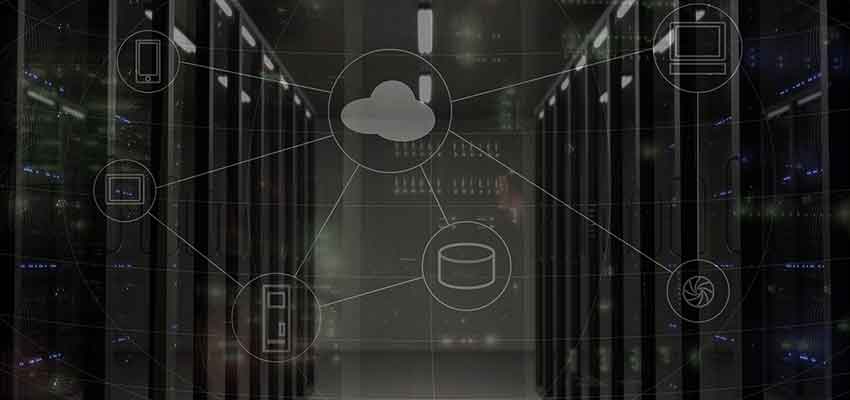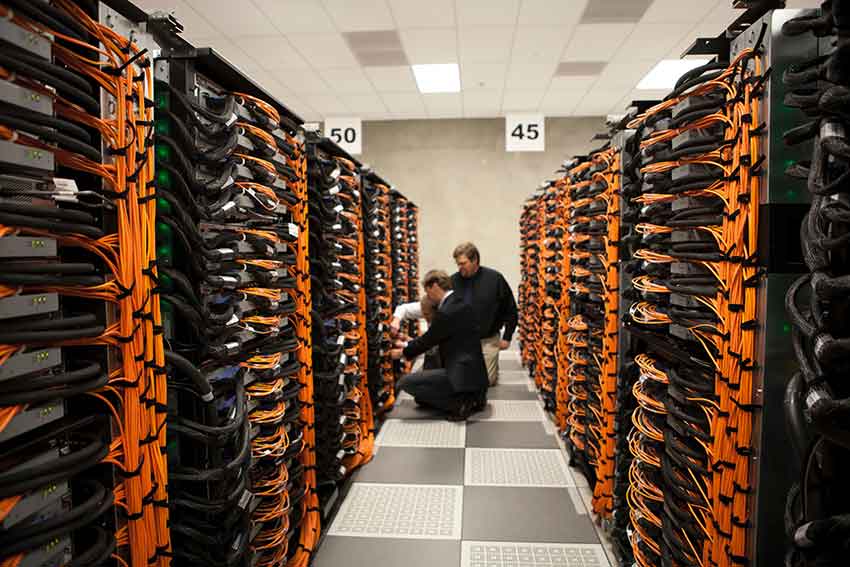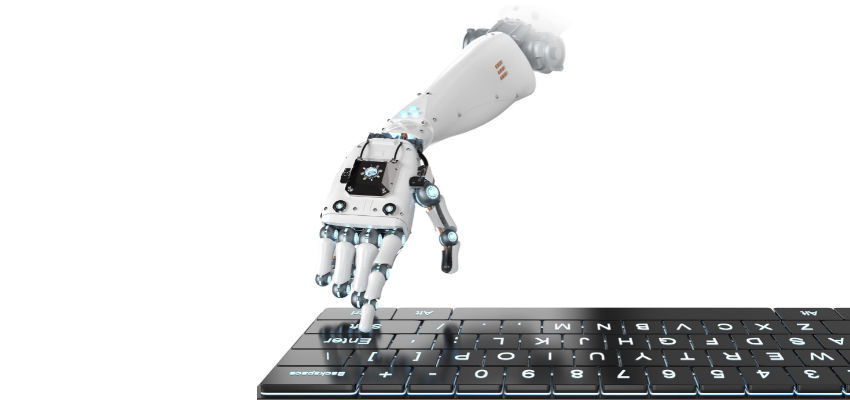Show:
How Do Data Centers Work for Your Business?
The Internet has 5.03 billion users, while social media has 4.7 billion users worldwide as of April 2022. The 2021 worldwide revenues of retail e-commerce and online gaming markets generated $5.2 trillion and $178.2 billion, respectively. These transactions require a high volume of data processing.

Modern businesses need data centers to operate. They help businesses:
- Manage Costs
- Supply Redundancy and Connectivity
- Provide Strategic Locations
- Secure Data and Adhere to Compliance Standards
- Efficiently Manage Data Storage and Processes
- Outsource Onsite Experts
- Scale and Innovate
Read on and discover more about how data centers work for your business.
Data Centers
For a better picture of how data centers work for your business, let’s head first to data center basics: definition, how they work, and types.
Definition
A data center is a facility of computing and networking resources that processes large amounts of data. Modern businesses need them to host websites and manage email and instant messaging services. They support cloud storage applications, e-commerce transactions, and online gaming activities.
Data centers are composed of:
- Systems that store, access, share, and process data (servers, databases, software)
- Physical Infrastructure that supports data processing and communication (physical location, perimeter fence, video surveillance, etc.)
- Utilities (electricity, cooling systems, UPS’s)
How Data Centers Work
- When a user inputs data on a web browser, the browser requests information from the servers.
- Data center servers, where data is stored, process and distribute data into packets and send the data to the routers.
- The routers decide the most suitable route for the data to advance.
- The data reaches the user’s Internet Service Provider (ISP) via wired and wireless networks.
- The data arrives at the user’s device.

Data Center Types
Your business may utilize one of the following types of data centers.
- Colocation (Colo) Data Centers refer to businesses that lease space within a data center owned by a third party but outside the business’s premises. The company provides the hardware, while the colocation data center gives provisions and management for physical space, cooling, bandwidth, and security systems.
- Cloud Data Centers are like Amazon Web Services (AWS), Microsoft Azure, and Google Cloud. The business doesn’t manage its infrastructure. They lease outside their premises from third-party partners and access resources over the Internet. They’re based on an infrastructure-as-a-service (IaaS) model that sets up a data center in minutes.
- Enterprise Data Centers are those a business sets up, manages, and operates. They’re business-owned, and located within the business’s premises.
- Managed Services Data Centers are third-party- or managed services provider-operated. The business leases the infrastructure and equipment.
Data Centers and Your Business
Regardless of industry, your business processes a large amount of data daily. You require data centers to operate and avoid client and profit losses. These are how data centers work for your business.
1. Manage Costs
Depending on your business needs, you may build a data center or choose among the other types. You may offset capital expenditure (CapEx) into operational expenditure (OpEx). Data centers help your business create a predictable monthly payment structure to manage costs.
Data centers also save time and effort that are convertible into money in the long run. You can focus the saved business resources on other income-generating endeavors.
Power disturbances cause economic losses. Data centers lessen these losses through Uninterruptible Power Supply (UPS) systems that can tolerate critical power conditions, and they attach only one business to a power grid for power efficiency, thus saving money.
2. Supply Redundancy and Connectivity Options
Redundancy can be beneficial. In data centers, components are duplicated to avoid alarming concerns due to equipment failure, breakage, or power outage. There are enough provisions for UPS, cooling units, generators, and power grids. Additionally, data centers provide multiple connectivity providers to utilize another if one fails.

3. Provide Strategic Data Center Locations
Another way that data centers work for your business is by picking a suitable location, such as Data Center Norway or Denmark, to meet even the most demanding business requirements. You may opt for data centers near your business location for optimum speed and efficient access to the facility or those at a safe distance from your business to establish disaster recovery (DR) sites.
4. Secure Data and Adhere to Compliance Standards
Data centers constantly monitor their systems. It ensures the protection and early detection of security violations, threats, and attacks. A multi-tier network configuration protects the integrity of stored data.
For added physical protection, data centers set up card readers and biometric access controls, access management, 24/7 patrols, visitor screenings, intrusion alarms, etc. In cases of disasters, they employ fast recovery and data retrieval processes.
Data centers also assist businesses to conform with different compliance standards and certifications, such as HIPAA, ISO27001, PCI DSS, SOC1M, SOC2M, and SSAE18.
5. Effectively Manage Data Storage and Processes
Data is vital for business growth. Data centers and businesses continue to find ways to combine cloud and physical storage requirement capacities and track and govern data through automation and data management integration.
With efficient data storage management and processes being accomplished, your business can allocate more time to customer engagement and generate more leads, traffic, and sales.
6. Efficiently Outsource Onsite Experts
Each data center has a team of skilled professionals who manages the facility and ensures everything functions effectively. The management also outsources experts only when necessary if the expertise may not be needed long-term.
7. Constantly Scale and Innovate for Your Business
Data centers give your business access to prompt, cost-effective, customized solutions through technical resource utilization. If you require less storage and fewer systems, you’ll only pay for the services you use. Depending on your business growth, you can scale up or down your required services.
Data centers innovate and invest in new technology to streamline their business processes and operations. This innovation strengthens performance, improves cost-efficiency and time management, and drives the overall operational value of your business.
Move Toward Success
Leverage data centers’ power and witness how your business moves toward success in the digital landscape.

 Return to Previous Page
Return to Previous Page








